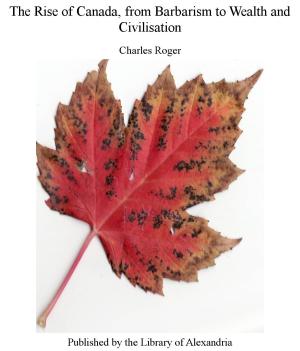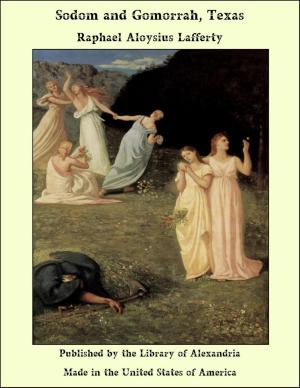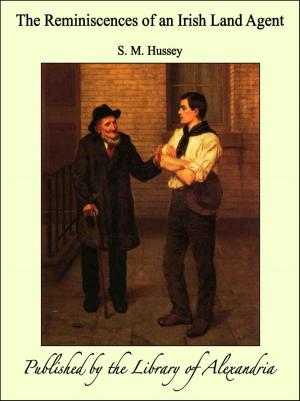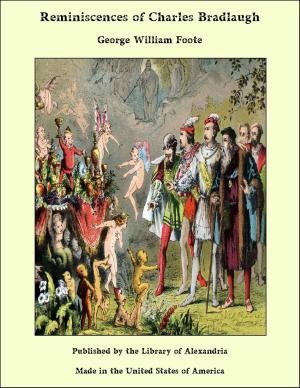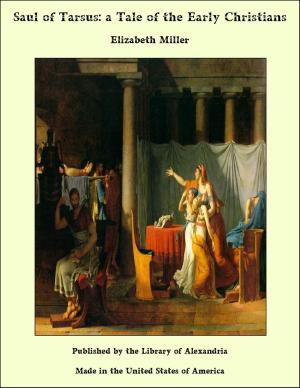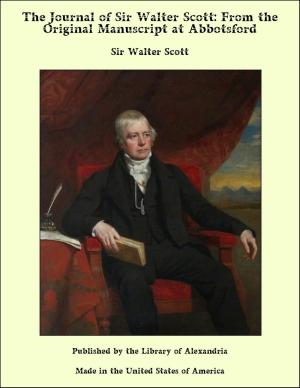The History of the Thirteen Colonies of North America 1497-1763
Nonfiction, Religion & Spirituality, New Age, History, Fiction & Literature| Author: | Reginald W. Jeffery | ISBN: | 9781465539694 |
| Publisher: | Library of Alexandria | Publication: | March 8, 2015 |
| Imprint: | Language: | English |
| Author: | Reginald W. Jeffery |
| ISBN: | 9781465539694 |
| Publisher: | Library of Alexandria |
| Publication: | March 8, 2015 |
| Imprint: | |
| Language: | English |
It would be out of place in this small book to give in detail a history of all the discoveries which were made along the shores of North and South America at the end of the fifteenth and beginning of the sixteenth centuries. As the main object is to depict briefly the political history of the Thirteen English Colonies on the North American seaboard, it will be unnecessary to say more than a few words about the discoverers whose enterprise and bravery made colonisation possible. With the Spanish, French, and Dutch voyagers it is not proposed to deal; their stories are well known, and affected but little the establishment of our early settlements in the West. Like the British nation, these three peoples also strove to create lasting empires in America; but unlike their rival, they failed. The Spaniards made the fatal error of attempting to settle during the period of exploration. They based their colonies upon slavery, and a mistaken commercial policy; and the sparseness of their colonists made them incapable of contending against the pressure of surrounding savagery. The result was that they, who were without the traditions of public morality and who were to a certain extent lacking in administrative powers, became intermixed with the inferior races with whom they came in contact. The French were no more successful in their endeavours to establish a New France beyond the sea; they failed, partly because of the French temperament, and partly through obvious errors. The French character was buoyant and cheerful—both excellent natural gifts for colonists—but they were unable to combine the spirit of adventure with that patient commercial industry which so wonderfully distinguished the Puritan emigrants. The Dutch might have proved serious rivals to the British in the West had they been able to rise from the position of mere traders, and had they had a sufficiently large population on which to draw.
It would be out of place in this small book to give in detail a history of all the discoveries which were made along the shores of North and South America at the end of the fifteenth and beginning of the sixteenth centuries. As the main object is to depict briefly the political history of the Thirteen English Colonies on the North American seaboard, it will be unnecessary to say more than a few words about the discoverers whose enterprise and bravery made colonisation possible. With the Spanish, French, and Dutch voyagers it is not proposed to deal; their stories are well known, and affected but little the establishment of our early settlements in the West. Like the British nation, these three peoples also strove to create lasting empires in America; but unlike their rival, they failed. The Spaniards made the fatal error of attempting to settle during the period of exploration. They based their colonies upon slavery, and a mistaken commercial policy; and the sparseness of their colonists made them incapable of contending against the pressure of surrounding savagery. The result was that they, who were without the traditions of public morality and who were to a certain extent lacking in administrative powers, became intermixed with the inferior races with whom they came in contact. The French were no more successful in their endeavours to establish a New France beyond the sea; they failed, partly because of the French temperament, and partly through obvious errors. The French character was buoyant and cheerful—both excellent natural gifts for colonists—but they were unable to combine the spirit of adventure with that patient commercial industry which so wonderfully distinguished the Puritan emigrants. The Dutch might have proved serious rivals to the British in the West had they been able to rise from the position of mere traders, and had they had a sufficiently large population on which to draw.


